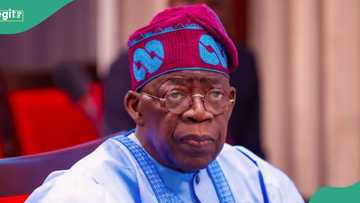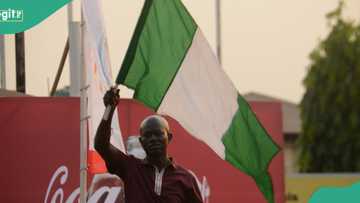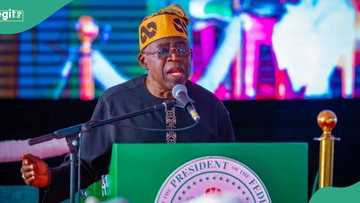Nigeria at 64: Fela’s Mother And Other Notable Women Who Contributed to Nigeria’s Independence
- Nigeria gained Independence on October 1, 1960, and is celebrating 64 years of Independence this year
- As we commemorate Nigeria's 64th Independence Day celebration, we highlight three women who contributed to the country's freedom
- Our focus is on three trailblazers who fought relentlessly: Funmilayo Ransome-Kuti, Margaret Ekpo, and Gambo Sawaba
Don't miss out! Join Legit.ng's Sports News channel on WhatsApp now!
October 1, 1960, is a date forever etched in Nigeria's history as the moment the country finally broke free from British colonial rule and stood tall as an independent nation.
As we commemorate Nigeria's 64th independence anniversary, Legit.ng honours the remarkable women who played vital roles in shaping the nation's path to freedom.
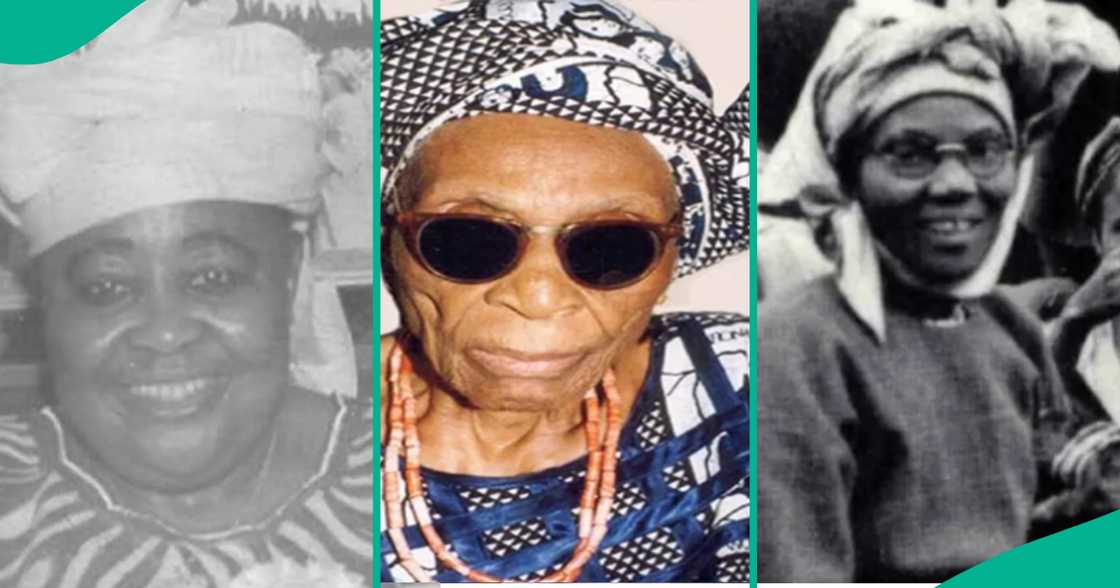
Source: UGC
Funmilayo Ransome-Kuti (1900-1978)
Funmilayo Ransome-Kuti was a trailblazer—a fierce activist, educator, and revolutionary freedom fighter. Her impact on Nigeria's independence and social reform is legendary.
As an educator, she pioneered Nigeria's first preschool program and served on the Nigerian Union of Teachers board, demonstrating her unwavering commitment to education.
In the mid-1940s, she founded the Abeokuta Women's Union (AWU), a movement that protested the harsh tax conditions imposed on Nigerian women. Her leadership in the historic Abeokuta Women's Revolt of 1946 was a bold stand against colonial oppression.
Ransome-Kuti's influence extended into the political sphere as a founding member of the National Council of Nigeria and the Cameroons Party (NCNC), one of the leading political forces in Nigeria's fight for Independence. She also became the first woman appointed to the Western House of Chiefs, marking a groundbreaking moment for women in Nigerian politics.
Beyond her political legacy, Funmilayo was the mother of the iconic Afrobeat musician and activist Fela Anikulapo-Kuti, passing down her spirit of resistance and courage to the next generation.
Margaret Ekpo (1914-2006)
Margaret Ekpo's name is synonymous with women's rights and the battle for Nigerian Independence. A visionary leader, Ekpo was instrumental in challenging colonial rule and championing gender equality.
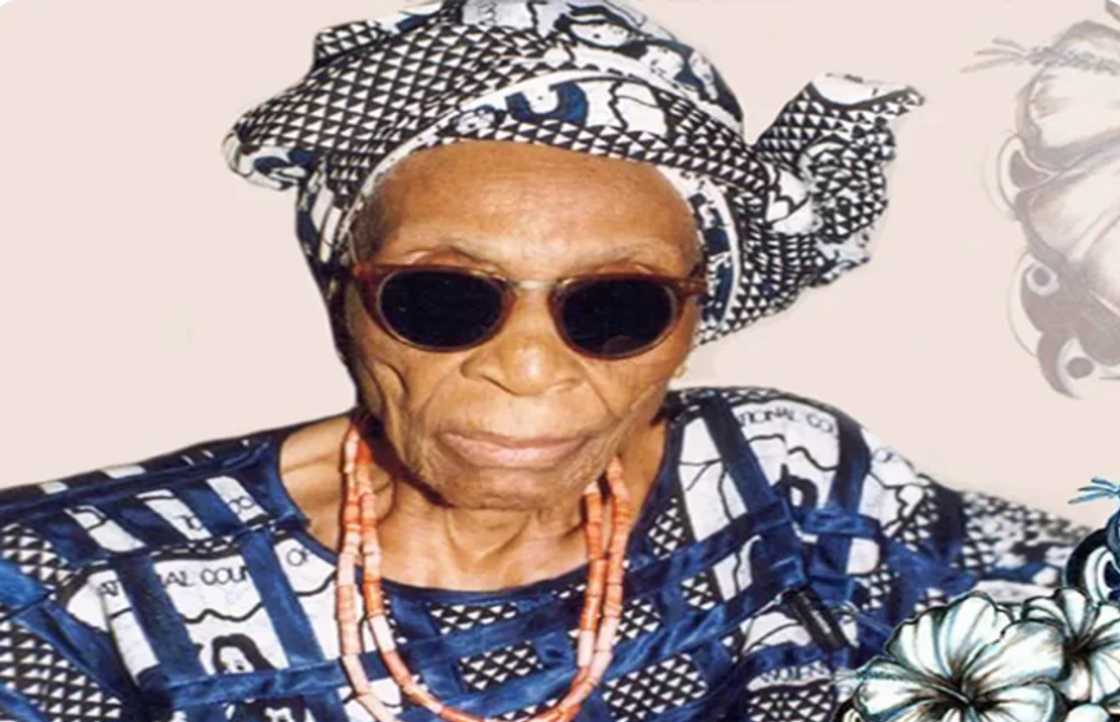
Source: UGC
In the 1940s and 1950s, she founded the Market Women's Association in Aba, where she organized women to oppose unfair colonial policies.
Her efforts to unify women led to the creation of the Aba Township Women's Association, which played a crucial role in boosting female participation in local elections.
By 1955, thanks to Ekpo's tireless efforts, women outnumbered men in the citywide elections in Aba.
In 1961, Ekpo made history by securing a seat in the Eastern Regional House of Assembly, marking her as one of Nigeria's first female lawmakers—a powerful testament to her enduring influence.
Hajia Gambo Sawaba (1933-2001)
Fearless and unrelenting, Hajia Gambo Sawaba stood as a voice for the oppressed, challenging societal norms and defying injustice.
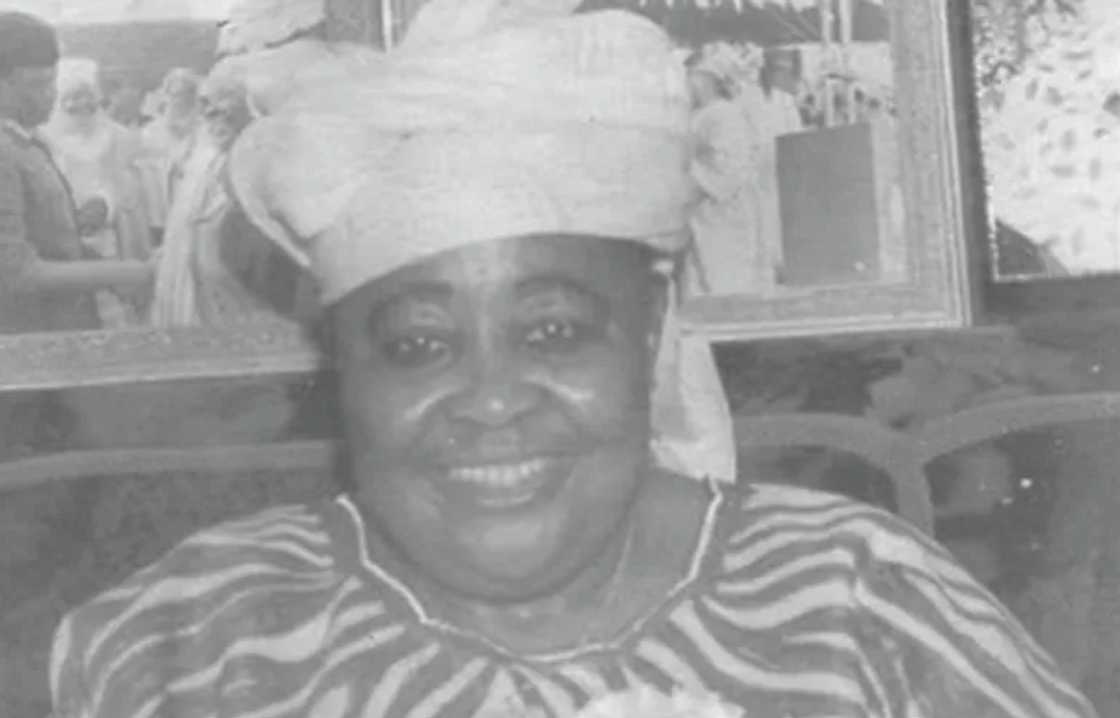
Source: UGC
Her activism against child marriage, forced labour, and oppressive taxes saw her imprisoned a staggering 16 times, earning her a place in history as one of the most jailed women in Nigeria.
At just 17, Sawaba entered the political arena, becoming the Great Nigeria People's Party (GNPP) deputy chairman and leading the Northern Element Progressive Union (NEPU) women's wing.
Her work focused on advocating for women's education and political participation, forever altering the landscape of women's rights in Nigeria.
Celebrating Nigeria's Independence
Each year on October 1, Nigeria celebrates its Independence Day—an opportunity to reflect on its rich history and progress.
From films documenting Nigeria's hard-fought journey to freedom to historical landmarks that preserve the nation's legacy, there is no better time to celebrate the triumphs and challenges that have shaped Nigeria into what it is today.
In his 2024 Independence Day address, President Bola Ahmed Tinubu urged Nigerians to believe in the nation's promise and work together toward a brighter future as it continues to march forward into its 64th year of Independence.
PAY ATTENTION: Сheck out news that is picked exactly for YOU ➡️ find the “Recommended for you” block on the home page and enjoy!
Source: Legit.ng


